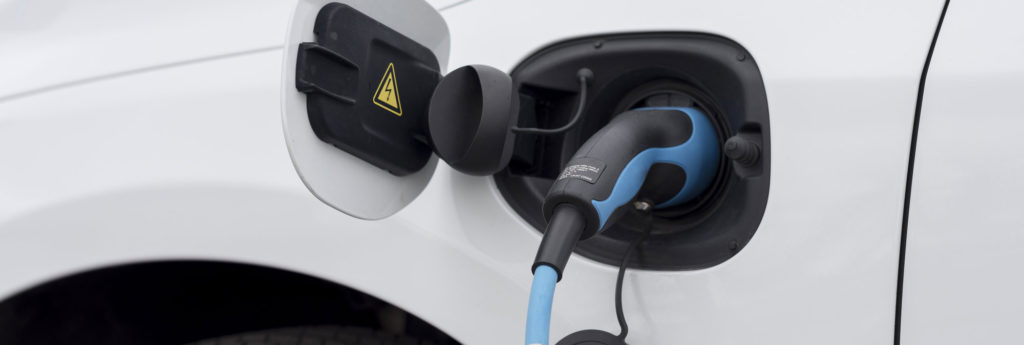EV development brings leftfield businesses into the race for supremacy
17 September 2018

September 17, 2018
Dyson, a UK technology company known for manufacturing vacuum cleaners, is pushing ahead with plans to build electric vehicles (EVs) by unveiling plans to turn a former airfield into its test and development base.
The centre at the former Hullavington Airfield in England will bring the British manufacturer’s investment to £200 million (€221.6 million) to create engineering workspaces and over 10 miles of test tracks, the Sheffield-based company said in a statement.
′Our growing automotive team is now working from Dyson’s state-of-the-art hangars at Hullavington Airfield,’ CEO Jim Rowan said in the statement. ′We are now firmly focused on the next stage of our automotive project strengthening our credentials.’
Dyson added that it expected the vehicle to be on the road sometime in 2021. The company will be competing with traditional vehicle manufacturers all pushing to develop and launch what they hope will be market-leading EVs, with Daimler’s EQ range breaking cover and VW investing €70 billion into electric development.
However, Dyson has said that rather than concentrating on lithium-ion technology, it will instead develop solid-state batteries, which can hold more power and will, therefore, deliver a longer range. Toyota is also working on the technology with plans to launch vehicles powered by solid-state by 2022. The Renault-Nissan-Mitsubishi Alliance is also planning to launch vehicles using the technology by 2025.
Dyson, which already counts a 400-strong automotive team, said it plans to add another 300 positions to work on the car in the UK. The business announced its EV plans in September last year.
Dyson declined to comment on any details of the car but hinted it would involve a range of autonomous technology, such as the company’s 360-degree camera currently used in its robotic vacuum.
The company has yet to decide where to manufacture the vehicle, with locations in the UK and Asia being considered.
Russian alternative
Meanwhile, Kalashnikov, maker of the AK-47 assault rifle, is the latest entry into the crowded EV race.
The Russian company’s CV-1 EV prototype has a retro design that echoes the Soviet Union’s Izh-Kombi, a car popular in the 1970s. Kalashnikov has debuted the car, with a claimed 350km driving range (217 miles), at an arms fair in Moscow.
The CV-1 will help Kalashnikov enter the ranks of electric-car producers such as Tesla and become a competitor; the manufacturer told news agency RIA Novosti. The business has been trying to expand its brand, adding shops to sell its clothing line and other civilian accessories.
The CV-1’s battery, which weighs 50 kg and has a capacity of 90 kW/h, is powered by an inverter developed by Kalashnikov, the company said in a release. The car can accelerate from 0 to 100 kph (62 mph) in six seconds.